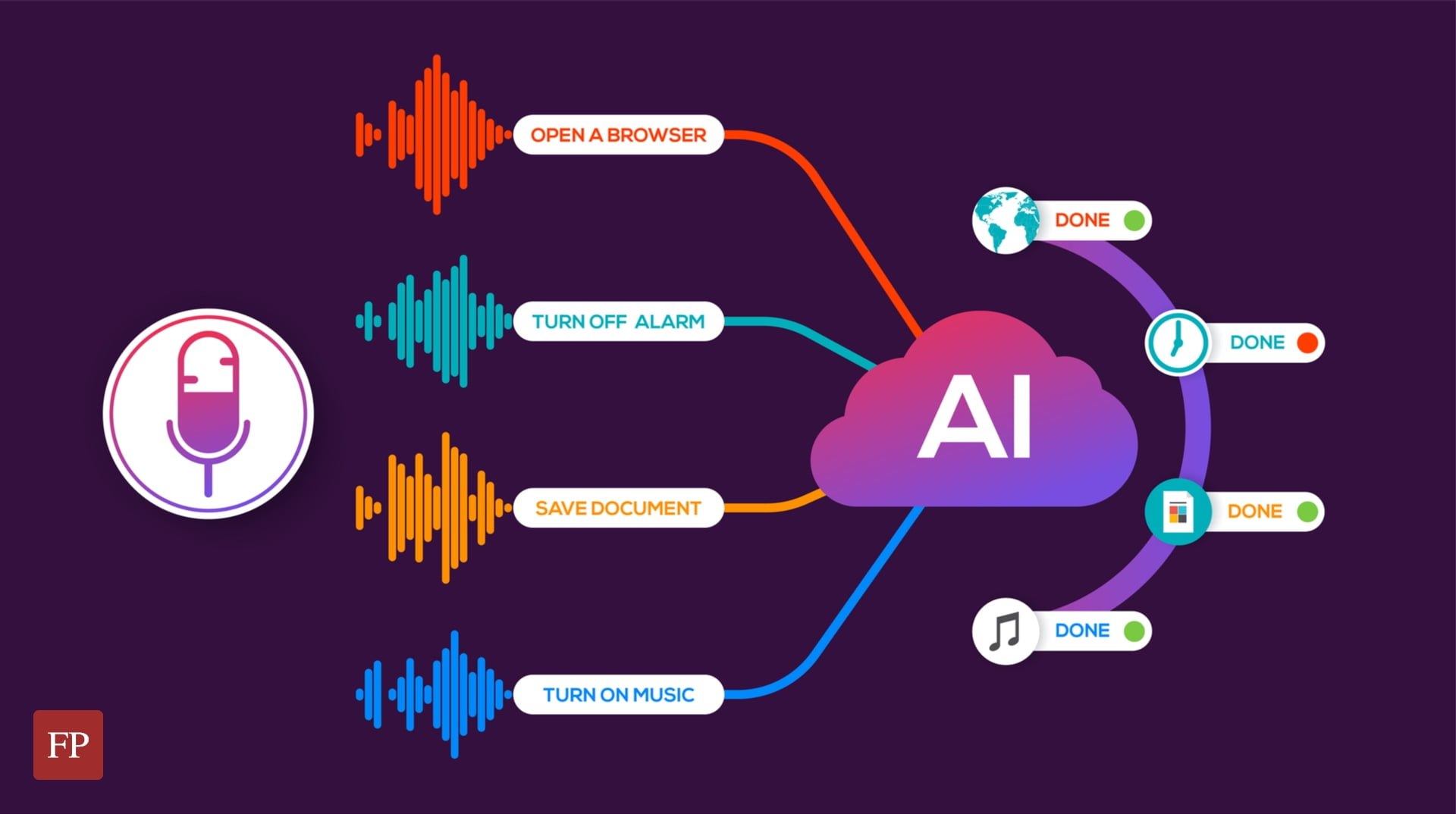Neural Concept showcases Omniverse and General Motors collaborations at Nvidia GTC

Neural Concept demonstrated its AI-powered engineering innovations to nearly 30,000 attendees at Nvidia GTC in San Jose, California. The event highlighted our integration with Nvidia Omniverse and its transformative impact on engineering workflows and overall product development. Here is a recap of the key moments.
Live Demos of our AI Co-Pilots and Digital Twin Technology
Inside the Design and Simulation Pavilion, attendees could see live demos our AI-powered co-pilots for multi-physics simulation, integrated with Nvidia Omniverse Blueprint and its latest Blackwell GPU hardware.
Through this integration, Neural Concept enables real-time digital twins and multi-physics simulations at scale, empowering OEMs to explore more engineering possibilities, optimize performance, and accelerate time-to-market.
This collaboration exemplifies how AI and advanced simulation tools are transforming industries, and we're proud to be at the forefront of this innovation.

Recognized During Nvidia's Keynote
In a major highlight of the event, we were recognized during Jensen Huang’s keynote address, featuring in a video on the Omniverse ecosystem utilizing Blackwell GPUs. This recognition underscores Neural Concept’s leadership in leveraging Nvidia’s cutting-edge technologies to revolutionize engineering design and simulation.

Revolutionizing Pedestrian Safety with General Motors
At the show, our U.S. General Manager Thomas von Tschammer joined General Motors to presenta live session titled “Revolutionize Pedestrian Safety: AI-Powered Crash Worthiness.”
Together, we showcased how deep learning models can predict complex crash physics in seconds, including head injury risks for adults and children.
By integrating AI-driven simulations, engineers can rapidly explore safety-optimized vehicle geometries, setting new benchmarks in crash modeling and predictive safety engineering. General Motors, in collaboration with our team, recognizes both the immense potential of AI and the challenges that must be addressed to fully realize its impact on automotive product design.
A key challenge lies in seamlessly integrating AI models into existing engineering workflows, ensuring they complement decades of engineering expertise while maintaining confidence in real-world applications and consumer trust. AI must also demonstrate consistent, real-time performance across diverse scenarios, particularly in high-accuracy, physics-driven simulations.
By combining GM’s safety expertise with Neural Concept’s AI platform, we’re accelerating development and advancing pedestrian protection—especially for the most vulnerable.
Advancing Physical AI with OpenUSD and Simulation
Thomas von Tschammer also contributed to the session “Advancements in Physical AI: Startups Using OpenUSD, Robotics, and Simulation”, where he explored the transformative role of Nvidia Omniverse in next-generation 3D design and simulation. The session delved into real-world applications across industries—from optimizing warehouse logistics to revolutionizing automotive design and enabling dynamic 3D product configuration.
Attendees gained actionable insights into the future of AI-augmented engineering, emphasizing the critical role of human expertise in steering AI-driven innovation. A highlight of the session was on SP80’s high-speed racing boat project, showcasing how Omniverse Blueprint integration accelerates complex engineering workflows. This use case exemplified the power of Physical AI—where simulation, real-time collaboration, and AI converge to push the boundaries of design and performance.
Special Mention from Nvidia Principal Technical Product Manager John Lindon
Neural Concept was highlighted by John Linford, Nvidia's Principal Technical Product Manager, during his session on "Accelerating End-to-End CAE Workflows". Linford recognized Neural Concept's work developing real-time digital twins for SP80's record-breaking kite boat project, showcasing how the company effectively integrates Nvidia Omniverse and Warp technologies into its AI-powered engineering solutions.
When speaking about Omniverse integration into CAE workflows John said: “Another example I particularly enjoy comes from Neural Concept. They are assisting SP80, a Swiss company, in breaking the world sailing speed record—which requires surpassing 80 nautical miles, hence the name SP80.
Neural Concept is developing a real-time digital twin of the SP80 kite boat to help nautical engineers optimize the hull design, kite placement, and every other aspect of the vehicle. The streamlines and water surface in this demo are simulated using Nvidia Warp. You can see how Omniverse is embedded into Neural Concept’s product, demonstrating the optimal integration of Nvidia’s APIs into their solution.”
Launching our Exclusive Spark Sessions
To cap off an exciting week at GTC, we announced the launch of Spark Sessions - a guided, hands-on trial to explore how Engineering AI can 10x your impact: accelerating product development cycles, improving performance, and unlocking new design possibilities.
Priority access is reserved for employees of NC Enterprise Customers.
A limited number of additional seats may be offered to select prospects by invitation.
Whether you're a design engineer, CAE expert, or data-driven team lead, Spark Sessions offer a unique opportunity to explore the Neural Concept platform and master AI-powered workflows.
Visit http://neuralconcept.com/spark to get started!



